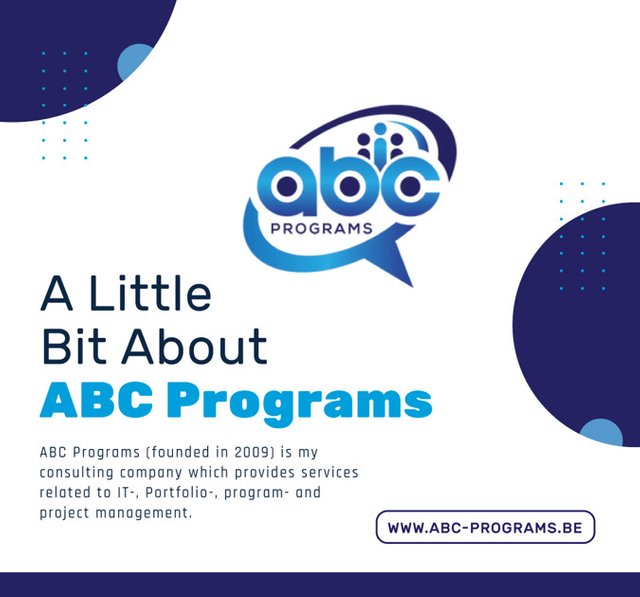Agile Coaching is a kind of means that allows the trainee to improve some skill related to the “agile approach” (aligned with the agile manifesto and organizational agility) or “agile methodologies” (frameworks, methods, and/or methodologies such as Scrum, XP, Kanban, Kanban Method, and related such as Lean, etc.) in their field of work. Or put another way, Agile Training helps the trainee to improve and develop their work role more effectively and efficiently, related to their area of expertise and under a working system.
In the development of the organizational functions, they encounter resistance and blockages from the organizations, people, and/or teams with which they work daily (low level of generation of the appropriate environment, low level of awareness of the values they support new ways of working, the existence of dependencies with other areas whose priorities may be different, "legacy" systems strongly established but of low quality...) and in other cases, with blockages and resistance due to their own beliefs or their own "points blind”.

From our experience, we are clear that Agile Coaches need spaces where, periodically, they are helped and reinforced in:
- Development of skills through the theoretical and practical application of flexibility, empathy, self-criticism, proactivity, perseverance, and assertiveness.
- Strengthen their personal growth by becoming aware of their strengths and weaknesses both at the level of technical skills, personal awareness, values, attitudes, and limitations.
- Have useful tools to drive constant organizational transformation.
The new agile methodologies have come to stay. They are not a fad but a profound business revolution and, beyond assuming a change in the work methodology and processes, as well as in dialogue with the client, it is a profound change in mentality that directly affects people and what they what we are used to.
It involves breaking barriers, fears, resistance, and above all inertia and that is a task that is in the hands of the Agile Coaching, multifaceted professionals who take the baton of bringing the future to companies and organizations and ultimately to all the actors who are present in the markets of the century.
Competencies:
The Agile Coach's expertise covers mainly two areas: that of the Coach's profession or professional specialty (Systems Engineering, Software Engineering, Industrial Engineering, etc.) and the Agile Coach's experience in the field of Agility (everything related under the Agile umbrella). In the latter, it can be said that he has extensive knowledge from experience on agility, typical use frameworks, methodologies, and those that apply.
Agile Training is a facilitator of ceremonies, conversations, and teams; he is a trainer, mentor (One-on-One), conflict navigator, collaboration enabler, and problem solver. In other words, he can work with people as well as with teams. He is a coach who helps teams grow strong in applying agile practices to their work.

The Agile Coach is a role, not a Profession:
Neither Agile Coaching nor Training are professions regulated by formal educational systems, that is, they are not professions nor are the practitioner's professionals. In this sense, the Agile Coach emerged as a role and profile needed in the market and that some professionals exercise in the field because they are hired under that figure as experts in Agility or "Agile Expert", to guide the adoption of agile methodologies and train practices under the agile approach.
Consequently, an Agile Coach should, in principle, have professional credentials. That is, having a specific profession that accredits him or her as a professional in a field of knowledge (engineer, business administrator, psychologist, etc.) in which he will exercise the role or position of Agile Coach due to having verifiable experience of his expertise in the approach agile and its methods, as well as having a comprehensive understanding of agility.